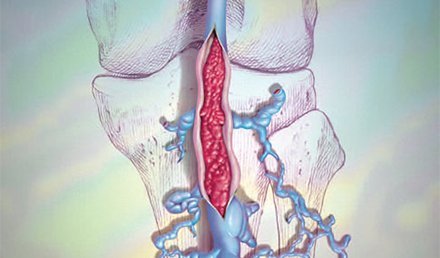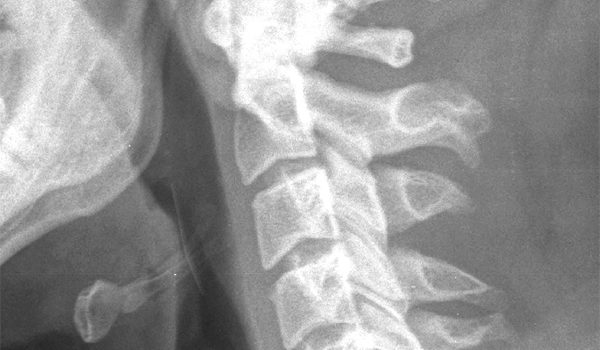Urgent message: Clinical evaluation that includes pretest probability tools and judicious use of diagnostic tests is a requirement for patients who present in the urgent care setting with symptoms suggestive of VTE. MELVIN LEE, MD, CCFP, RMC Early diagnosis of venous thromboembolism (VTE) is important to prevent the morbidity and mortality associated with it.Introduction VTE is subdivided into pulmonary embolism and deep venous thrombosis (DVT). DVT is most common in lower extremities. Those involving …
Read More



